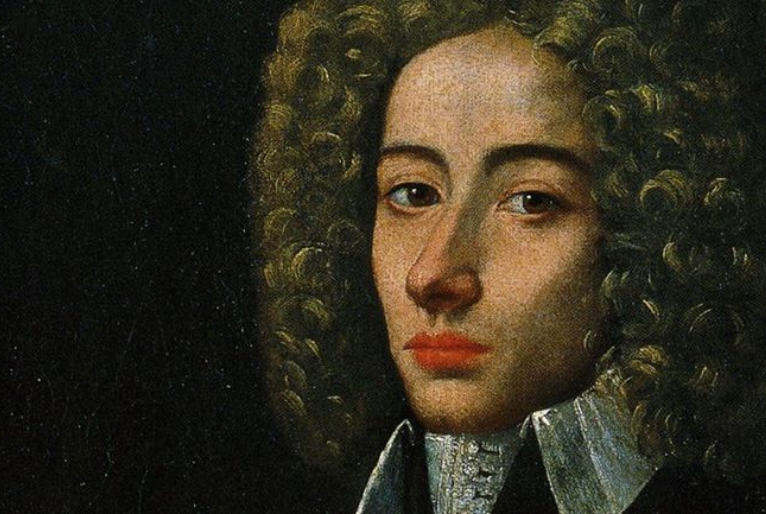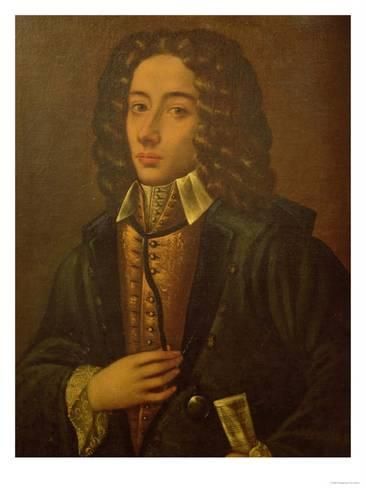Giovanni Battista Pergolesi, one of the most renowned composers of the Baroque era, was born on January 4, 1710, in Jesi, Italy. Despite his short life, Pergolesi’s musical legacy continues to captivate audiences centuries later.
From an early age, Pergolesi exhibited prodigious musical talent, receiving his initial training in music from his father and later studying at the Conservatorio dei Poveri di Gesù Cristo in Naples. It was in Naples where Pergolesi honed his skills and developed a deep understanding of the operatic and sacred music forms that would come to define his career.
Pergolesi’s breakthrough came with his composition of the intermezzo “La Serva Padrona” (The Maid Turned Mistress), which premiered in 1733. This comedic work, blending elements of opera buffa with expressive melodies and elegant orchestration, became immensely popular throughout Europe and solidified Pergolesi’s reputation as a master composer.
In addition to his theatrical works, Pergolesi composed a significant body of sacred music, including masses, psalms, and oratorios. His “Stabat Mater,” composed in the final year of his life, is regarded as one of his crowning achievements. This poignant and deeply emotional work, written for soprano, alto, and strings, reflects Pergolesi’s ability to evoke profound spiritual themes through his music.
Tragically, Pergolesi’s life was cut short by tuberculosis, and he passed away in Pozzuoli, Italy, on March 16, 1736, at the age of just 26. Despite his untimely death, Pergolesi’s influence on the development of Baroque music was profound. His works not only inspired his contemporaries but also laid the groundwork for future generations of composers.
Today, Giovanni Battista Pergolesi is remembered as a visionary artist whose music continues to enchant and inspire audiences around the world. His compositions exemplify the beauty, emotion, and innovation of the Baroque period, ensuring his enduring place in the pantheon of classical music’s greatest masters.


Comments are closed